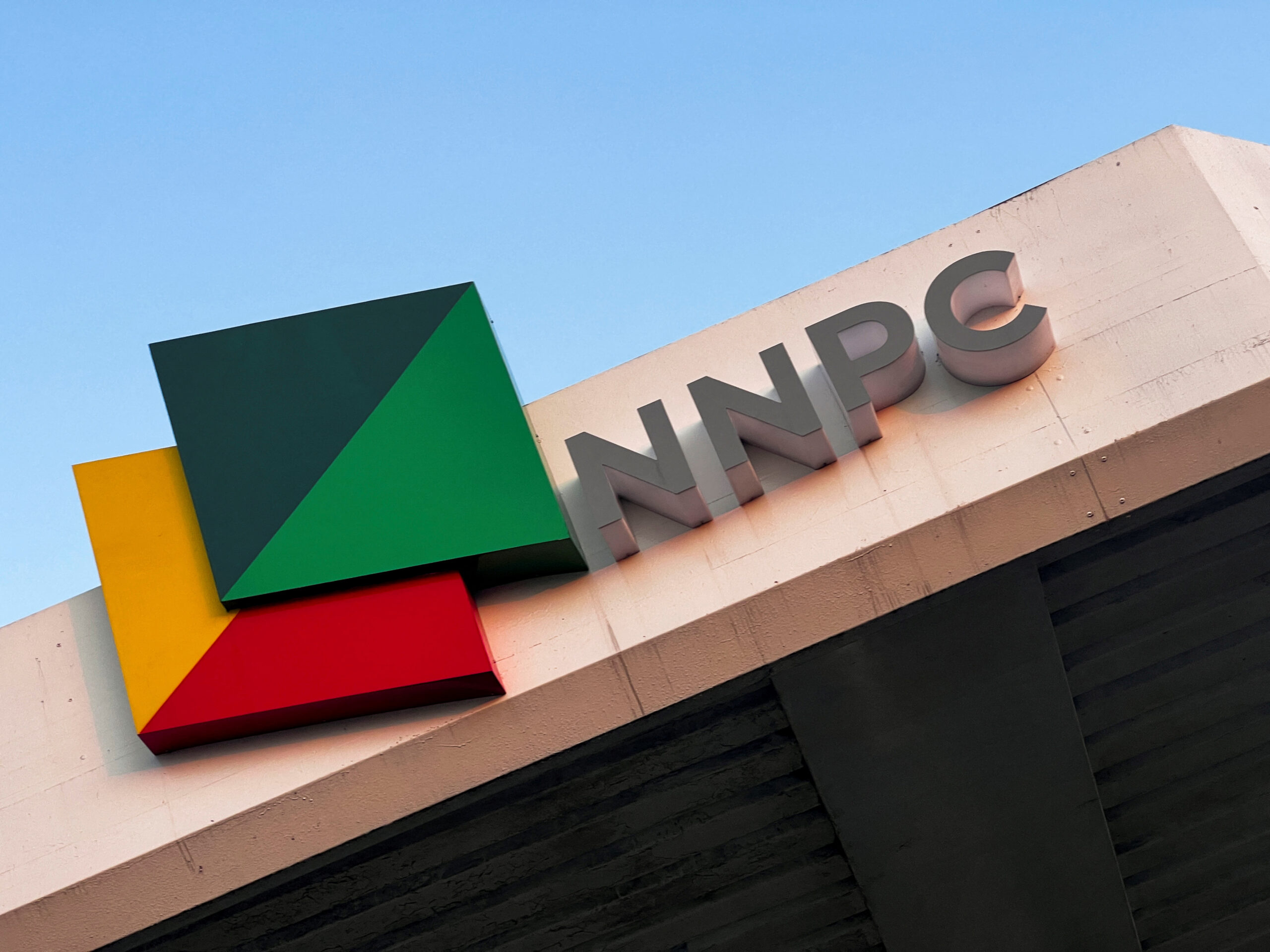The music industry is experiencing a significant transformation as virtual concerts gain prominence, reshaping how artists and fans engage amid ongoing global challenges. The rise of virtual performances has not only provided a platform for artists to connect with audiences worldwide but has also introduced innovative technologies that enhance the live music experience.
Virtual concerts have emerged as a viable alternative to traditional live performances, offering fans the opportunity to enjoy music from the comfort of their homes. This shift has been facilitated by advancements in streaming technology and the increasing accessibility of high-speed internet, allowing artists to reach global audiences without geographical constraints. Platforms like YouTube, Twitch, and Instagram have become central to this movement, enabling artists to host live events that attract millions of viewers.
The integration of augmented reality (AR) and virtual reality (VR) technologies has further revolutionized virtual concerts. These technologies create immersive environments that replicate the energy of live performances, offering fans a more engaging and interactive experience. For instance, virtual concerts often incorporate cutting-edge technology to enhance the experience. In 2023, the K-pop group Blackpink hosted a VR concert on the platform Zepeto, where fans could interact with the band’s avatars in a fully digital environment.
Hybrid concerts, which blend physical and virtual elements, are also gaining traction. These events allow fans to choose between attending in person or participating virtually, catering to diverse preferences and circumstances. The flexibility of hybrid concerts has expanded audience reach and enhanced engagement through more immersive experiences.
The economic impact of virtual concerts is substantial. The virtual concert platform market is expected to grow from $86.85 billion in 2024 to $93.90 billion in 2025, reflecting a compound annual growth rate (CAGR) of 8.1%. This growth is driven by the increasing demand for immersive digital experiences and the rising popularity of live streaming among artists.
Despite the advantages, virtual concerts face challenges such as monetization complexities and the need to replicate the communal atmosphere of in-person events. Artists and organizers are continually exploring innovative solutions to address these issues, ensuring that virtual concerts remain a sustainable and engaging component of the music industry.
In summary, virtual concerts are reshaping the music industry by offering accessible, innovative, and economically viable alternatives to traditional live performances. As technology continues to evolve, virtual concerts are expected to play an increasingly significant role in the global music landscape.












Virtual concerts are just a temporary fix. Nothing beats the energy of a live show. Whos with me on this?
I think virtual concerts are cool, but nothing beats the energy of a live show with real people. Virtual hugs just dont cut it!
I think virtual concerts are a great way for artists to connect with fans globally, but will they ever replace the energy of live shows?
I think virtual concerts are a cool alternative, but can they ever replace the energy of a live show? What do you guys think?
I think virtual concerts are cool, but nothing beats the energy of a live show. Lets keep both options alive!